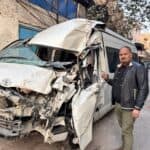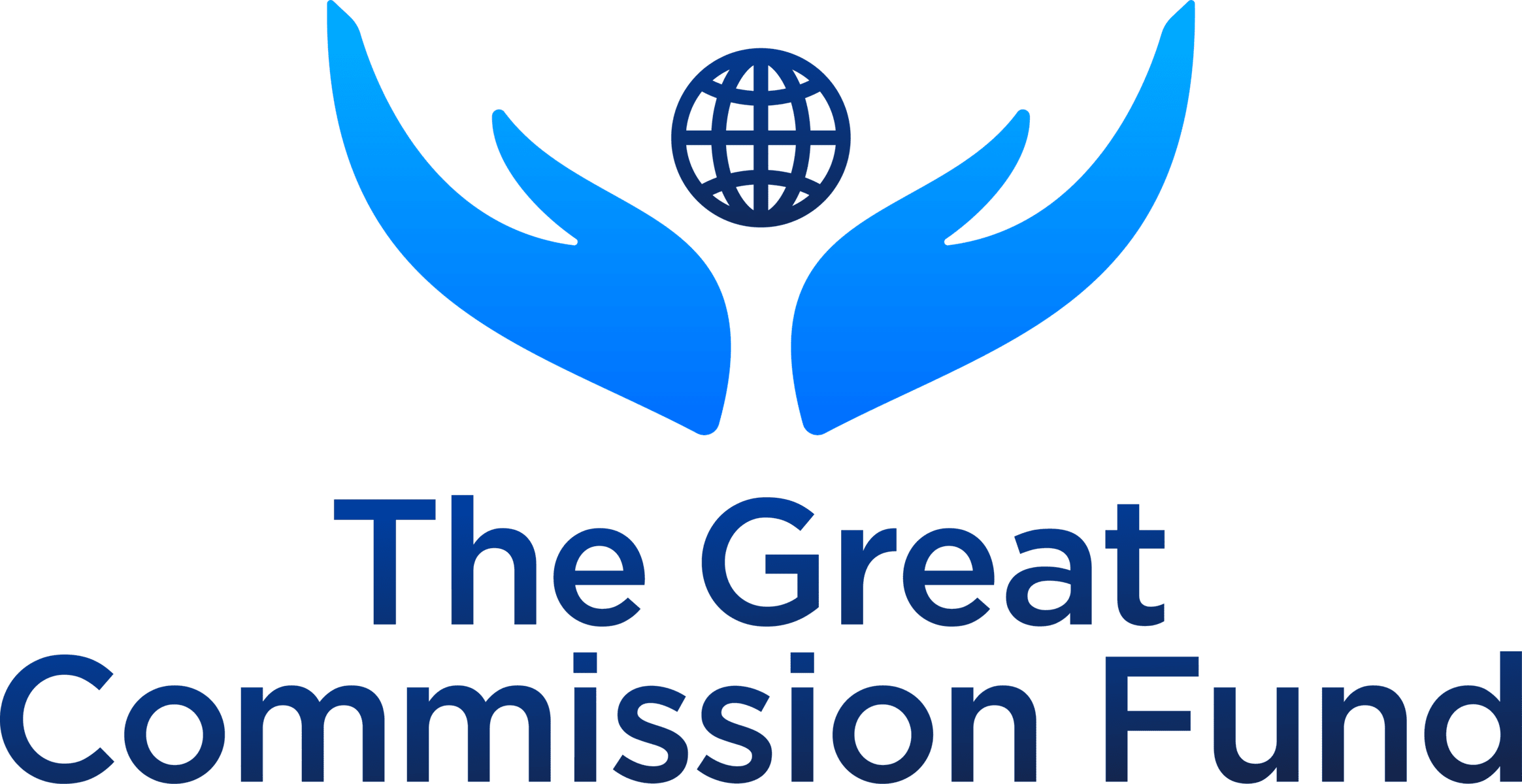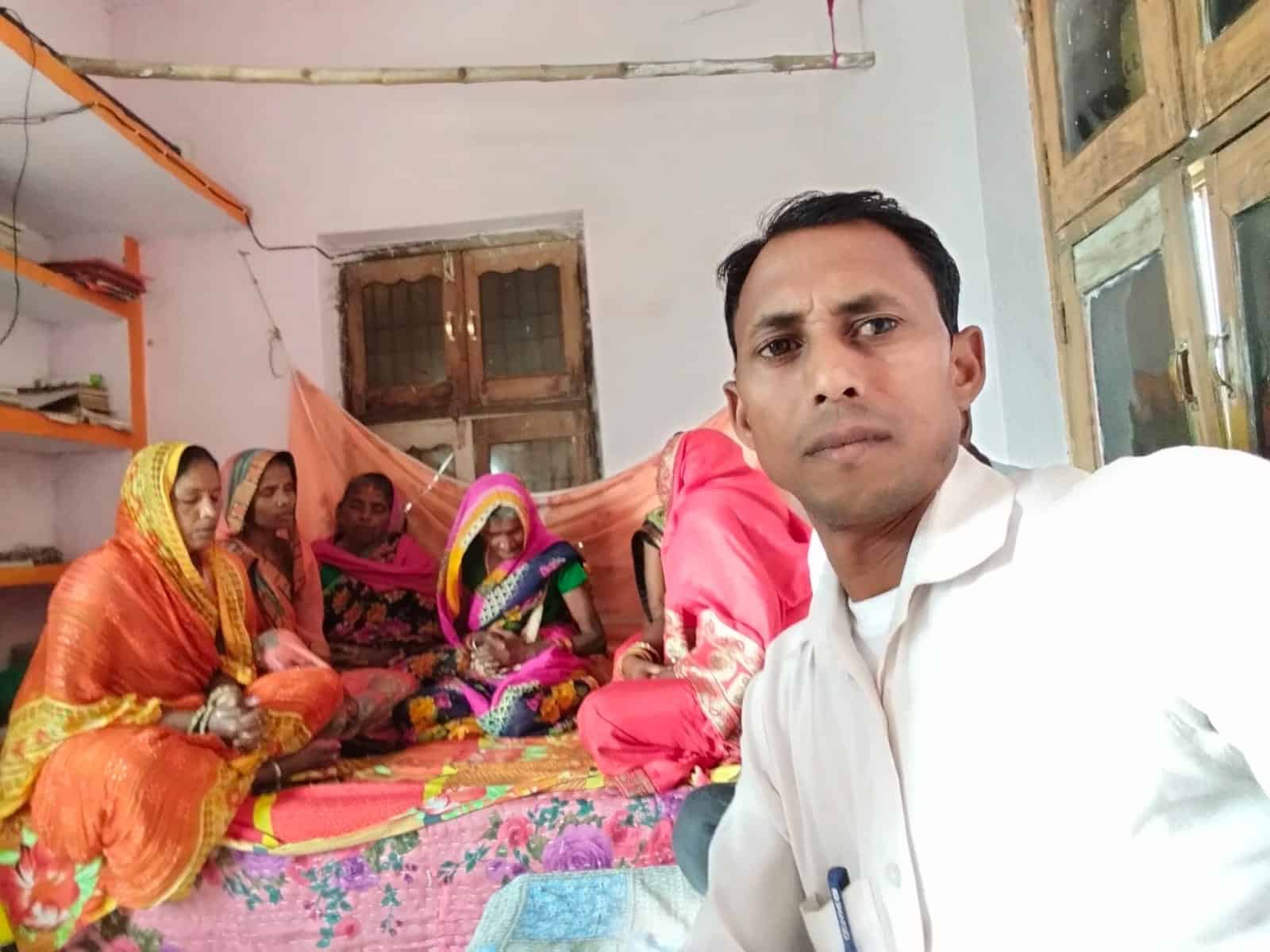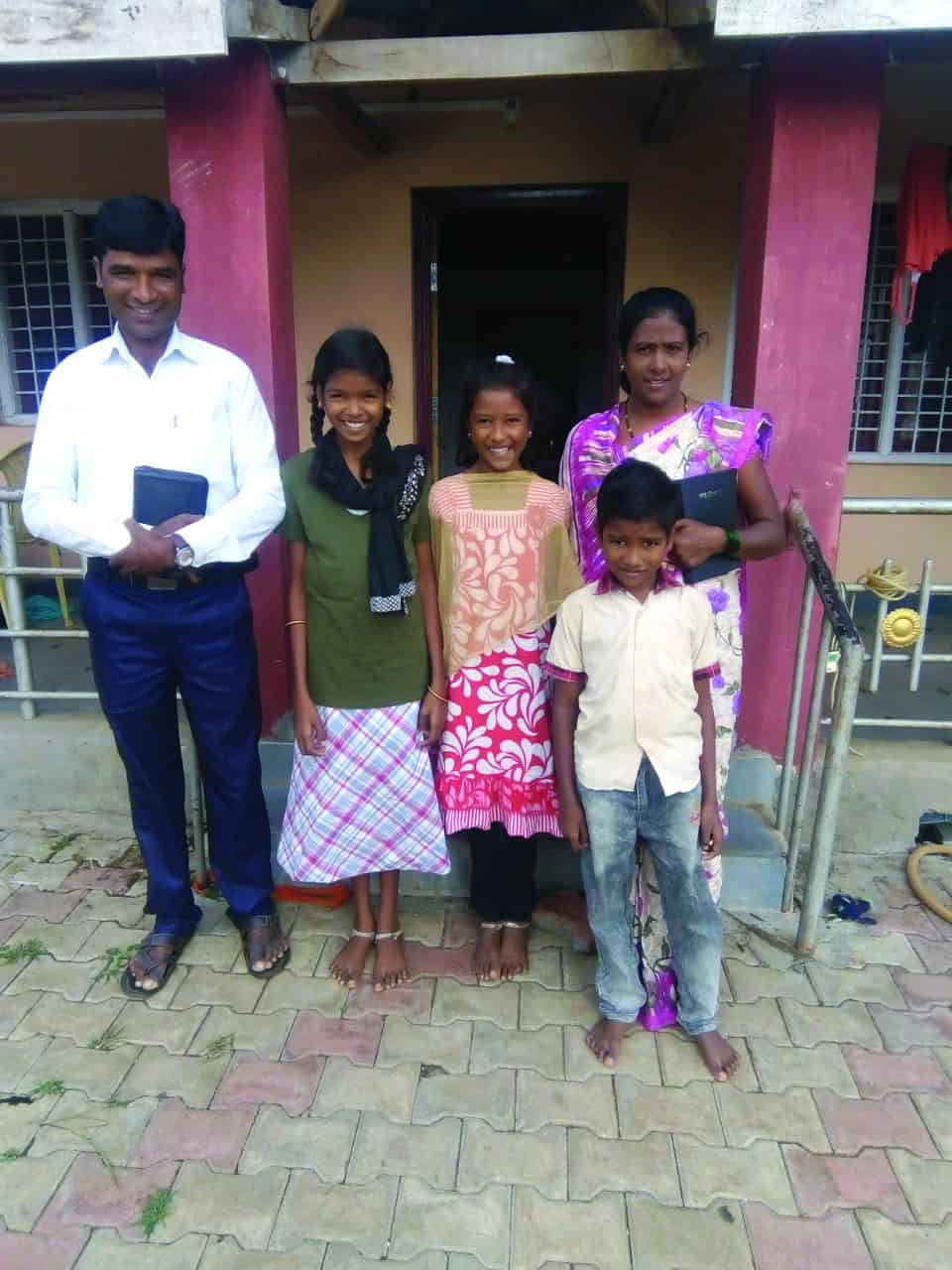By Jon Nelms
Preface:
In the twentieth century, when thinking of persecution, American Christians thought of Russia and the Communist Block nations. With the fall of the Berlin Wall, China and Vietnam came to the forefront of our understanding of persecution.
When I visited Vietnam in the early1990s, the pastors there called me by a Vietnamese name. As an American, the government expected that I was up to no good but had no proof. Because of our preacher’s reports, they had intercepted (intentionally or unintentionally) they were looking for a Vietnamese American, not an Anglo American. And though I had many face-to-face encounters with political and military people, they never discovered my identity. It was highly illegal to give money or assistance to anyone working “against the government” (meaning: terrorists, dissidents, Christians, and pastors). Thus, my identity and my purpose for being there had to be hidden.
As the new century dawned, the concept of persecution shifted from communist to Islamic lands that comprised more than a billion souls and remains to be the most significant area of persecution on the planet. But does it exist in other lands as well? Perhaps in places that we don’t expect it? The answer is, “absolutely.”
India has gradually become a hotbed of persecution for the past two decades. Though there have been many deaths, they are not as “headline-capturing” as they would have been if in another land. We are confident that God sees their suffering, even if His American children — to our shame — do not. Here is an email from just one of our groups in one of the states of India, the State of Karnataka. (My headings are in red, his in black.)
Persecution:
“Karnataka is ranked third among the Indian States with the highest number of attacks on members of the Christian community and their places of worship. This includes attacks to disrupt prayer services, threatening believers, closing house churches, and canceling rental agreements without prior notice. Militant groups are at the forefront of all these attacks, and police have failed to act against them.
Karnataka has become the 11th state to ratify the Freedom of Religion Acts. This name sounds good, as if we are free to follow Christ openly, but it is commonly known as an “anti-conversion law,” which means the opposite. The state cabinet approved the ordinance, and Governor Thawar Chand Gehlot, approved the controversial anti-conversion law in May, 2022.
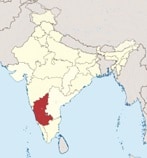
The law prohibits “unlawful” conversion from one religion to another through misrepresentation, force, undue influence, coercion, allurement, or fraudulent means. Thus, giving food, medicine, etc., can be interpreted as “undue influence, coercion or allurement. The law also proposed imprisonment from three to five years with a fine of 25,000 Indian rupees ($308.00). In cases where the violation impacts minors and women, the accused can face imprisonment from three to ten years and a minimum fine of 50,000 INR ($616.00).
Attacks take various forms, mostly attacking pastors and members. The assailants use wooden poles, and hand blows to avoid creating visibile injuries so that they could get away with the breach of the law. Although only a few attacks cause visible injuries, most of the attacks go unreported to the police for fear of covert/overt reprisals, and those reported are typically not documented. Recently, however, other methods of persecution have been employed:
Hindering the supply of resources:
Currently, the survival of a preacher depends on his support from Final Frontiers and offerings by the believers who gather for service on Sundays. Each pastor holds an average of five services every Sunday while his Timothies preach elsewhere. The offerings usually meet his family’s grocery needs, house rent, vehicle maintenance, travel, school fees, water & electric charges. Additionally, Great Commission Funds provide for the needs of his Timothies.
Due to the anti-conversion laws in effect, a preacher is not permitted to enter any of his branch churches. When the militants are watching, if ever they come across any service going on, they call the police or forcefully disrupt the services and threaten the members. As such, our pastors are restricted to conducting only one church service on Sunday. This means his income in offerings and bartering has been reduced by over 70%. The members and new converts must go without Bible teaching in four of his five churches.
Preachers in Karnataka are under extreme stress because they need to receive adequate offerings, whether financial or in the form of grains (barter system), and thus are facing a crisis beyond comprehension. They can’t even borrow from a bank or lender because they do not have any moveable or immovable assets to mortgage.
Welfare Rationing:
In the past, the State Government provided welfare rations consisting of rice, dal, wheat, oil, and sugar to the poorest of the poor. Sometimes the middle-class poor who fell under the government standard of poverty also received help. The assistance program is called the BPL, which means, Below the Poverty Line. 70% of our church members are in this category. Their tithes and offerings of grains for preachers for their survival have been dramatically cut. (Support from Final Frontiers goes towards house rent, water & electric charges).
From the beginning of 2022, the government changed its welfare policy. Now they only distribute rice without the supply of oil, sugar, wheat & dal. This drastic change of policy has increased widespread poverty among churchgoers. The preachers, in most cases, are deprived of this supply. One pastor reported the “Distribution Centre” had not supplied his share of rations for four months. They finally did so in early December, with just 15 kgs. of rice. The reason they gave is, “due to shortage of supply, we are not able to provide you sufficiently.” Likewise, preachers have become victims of the government’s systematic oppression.
ID Card Renewal:
Every year people “Below Poverty Line” who have an ID card (called an “Aadhar Card”) must renew it by producing certain documents to prove their identity. Most church members annually present their evidence, but now, the local Aadhar distributors purposely delay linking their IDs for renewal. This renewal delay causes the loss of their family rations until the process is completed. In addition, they purposely delay renewal for three to four months; thus, the pastors and church members must forgo their supplies, causing hunger and debt to the families.”
Preachers are the worst casualty of this system, hindering progress in the ministry and their ability to take care of their families.
The Government’s Plan:
When I first visited India in 1992, the government stated that India was 1% Christian (of all stripes and denominations). Their population was 907 million, making a Christian population of 9,070,000. In 2021 the population had increased to 1,408,000,000, and the government stated that the percentage of Christians was 11% or 154,880,000. That is more than the population of many countries combined. Still, the consensus among church leaders was much higher, as much as 22% or 309,760,000.
This growth went unnoticed by the rest of the world, primarily because virtually no foreign missionaries lived there during the growth period. Sure, there were a few doctors and social workers, but no pastors or church planters (missionaries).
During this time, the radical Hindu party, called the BJP, began to grow in power and, in 2014, took control of the government. Though numerically, they comprise only 5% of the population, they occupy 70% of the decision-making government jobs. Moreover, they now exercise a totalitarian style of control, having an 80% majority in the Parliament.
Hindi is the national language (though most don’t speak it) and the ancient name of their land. Just as the United States (a noun) was initially the united states (an adjective), India was a conglomeration of independent states with different languages and customs. They were forcefully united by British conquest and became a country in 1947. Still, they remain divided by tribes, castes, and states but are held together by a constitution, flag, and currency.
The West sees Hinduism as a religion, and it is, but it is also the name by which Indians are called. They named themselves after the Indus River. In the western hemisphere, thanks to Columbus, the word Indian refers to the indigenous peoples. In Spanish, the word for Indians is not Indians; it is Hindus. This is because, over thousands of years, the religion permeated their culture, assimilating the people as they became known by their faith and called Hindus.
Though one must be born a Hindu (Indian citizenship), one can convert to Hinduism (religiously). Still, even devout foreign followers of Hinduism cannot become Indian citizens or get an Indian Residency. Still, they can worship the Hindu faith and be enrolled in “Hari Ram Hari Krishna.” This sect, run by the Brahmins, requires European converts to cut their hair and grow ponytails. They are considered to be on par with the Brahmins because Brahmins believe in “white supremacy.” (Brahmins are descendants of the light-skinned conquerors from northern, central Asia who conquered the dark-skinned peoples of the lower sub-continent.)
In recent years, the ruling party seems determined to remove every faith from India other than Hinduism. Their first goal was to publicly diminish the converts, who were, after all, primarily from the lowest of the low classes, called “untouchables.” To touch one was to defile yourself, requiring cleansing rituals. As these “inferior” lower castes began to learn about the Living God, nothing was left to hinder their conversion. They understood that He was not a man who became a god, but the Son of God who became a man, and He came to cleanse them of their sins. He made them touchable. Over time, their influence grew, and many from the higher castes also converted. Eventually, even members of the highest castes, the caste of priests, the Brahmins, began to denounce Hinduism and embrace Christ.
These conversions shocked the Hindu leaders and led to the establishment a twofold plan. First, they implemented a “Ghar Wapsi,” which means efforts to return converts to the Hindu fold. Second, they encourage fanatics to persecute converts without government intervention. Thus, the police fail to act when summoned, arrest warrants are not served, and trials are not conducted. Still, as the number of converts grew, violence began to erupt with severity. In some states, like Orissa, there were public beatings, churches and homes burned, and sometimes pastors and people burned alive. But, again, it did not slow the flood of converts, so today, they have adopted a new policy: to starve out the Christians. Knowing most evangelism is funded by outside sources, they first required registration to receive foreign contributions. Now they have canceled most permits, and getting help to the preachers and suffering believers is virtually impossible. So, what are we doing about it?
Partnership and Provision:
For many years we have aided these men. When they lost their jobs, we provided food and funds. When they were beaten, we provided medicines and care. When their homes and churches were burned, we rebuilt them. When they were killed, we buried them. We provided for their widows and orphans with our in-house “life assistance” for all our supported preachers. How have we been able to do this? It has been simply and solely by your contributions to our Great Commission Fund.
Many times, in our struggle, we have been “knocked down” but never “knocked out.” Nor will we be. There is always a way; we must search for it and help our brothers and sisters. Our churches are not involved politically or militarily. They love their country and pray for their leaders; they are among the best citizens of India. Still, they need our continued and enlightened prayer and our help.
Our emphasis, through the Great Commission Fund, is to support more preachers, support more preachers in training, start more house churches, orphanages, and feeding centers, and care for the members. How? I cannot give you details, but we are doing it and perfecting the means to do more.
My dad used to say, “there’s more than one way to skin a cat,” and I knew what he meant. Few ministries support preachers in closed countries because it is difficult. Still, our policy has always been, if you can’t go through the front door, go around to the back. If it is locked, then check the windows. If they are locked, look for a brick, knock a window out and go in. And as a last resort, if Santa Claus can go down a chimney, so can we. One way or the other, we’re getting into the house.
I have not written this detailed account to illustrate horrible circumstances, deprivations, abuses, and persecution but rather to assure you that despite whatever Satan may throw at God’s people, we will prevail in helping them. We do so in His power and for His glory. Jesus said that “all power had been given” to Him, and He, in turn, told us to use that power as we go into all the world. We are tapped in until we are someday tapped out. Then someone else can continue on our behalf.
In the meantime, please determine to make a monthly donation of any amount by automatic debit. You can donate below. Even $5 a month will make a tremendous difference.



